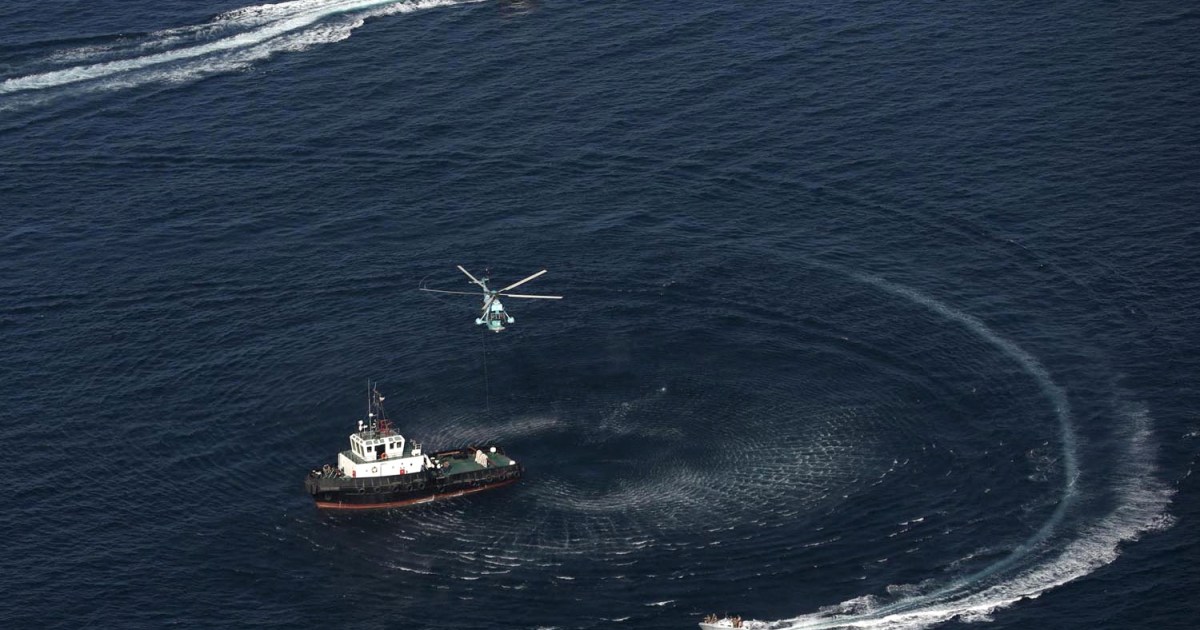Russia accused of jamming GPS of van der Leyen’s jet going to Bulgaria

Ursula von der Leyen reacts after being re-elected as European Commission president during a plenary session of the European Parliament in Strasbourg, France, on July 18, 2024. Russia is suspected of interfering with the GPS of a jet carrying her on Sunday. File Photo by Ronald Wittek/EPA-EFE
Sept. 1 (UPI) — Russia is suspected of interfering with the Global Positioning System of a jet carrying European Commission President Ursula von der Leyen, the European Union said Monday
She was in a chartered jet Sunday headed from Poland to southern Bulgaria as part of a tour of eastern EU countries, including “front line” states of Latvia, Finland, Estonia, Poland, Lithuania and Romania bordering Russia and Belarus. She was expected to discuss defense readiness as part of the tour.
Bulgaria borders Romania and is 1,000 miles from western Russia.
Despite no functional GPS, the plane landed safely at its intended airport in Plovdiv, Bulgaria, though pilots relied on paper maps, the Financial Times reported.
Von der Leyen, accompanied by Bulgarian Prime Minister Rosen Zhelyazkov, visited an arms producer in Sopot.
On Monday, she traveled to Lithuania and Romania.
“We have received information from the Bulgarian authorities that they suspect that this was due to blatant interference by Russia,” Arianna Podesta, deputy spokesperson of the commission, said in a statement obtained by Politico.
“This incident underlines the urgency of the president’s current trip to frontline member states, where she has seen firsthand the everyday threats from Russia and its proxies.”
Kremlin spokesman Dmitry Peskov said Bulgaria’s information was “incorrect.”
Bulgaria’s government explained how the plane landed at the airport.
“Air Traffic Services immediately proposed an alternative landing approach using ground-based navigation aids [Instrument Landing System],” the Bulgarian government said in a news release. “The ground-based navigation aids used in Bulgaria are independent of GPS systems. We further clarify that there was no need to divert the flight.”
Without correct GPS information, there is a risk of colliding with other planes or unintentionally flying into the ground, water or other object.
“Threats and intimidation are a regular component of Russia’s hostile actions,” the European Commission said, adding they would “ramp up our defense capabilities and support for Ukraine.”
Since Russia invaded Ukraine in February 2022, GPS jamming has worsened, Cyrille Rosay, a senior cybersecurity expert at the European Union Aviation Safety Agency, told the BBC.
The BBC reported no proven link has yet been established between Russia and GPS jamming.
Bulgaria, which was a satellite state in the Soviet Union with Russia until the collapse in 1989, has had a “noticeable increase” in GPS incidents, the nation’s Air Traffic Services Authority said.
In March 2024, a British air force plane carrying Defense Secretary Grant Shapps had its GPS signal jammed while flying close to Russia’s Kaliningrad between Poland and Lithuania. Legitimate signals are replaced with fake ones, indicating an incorrect location.
“They have gone from isolated incidents to being normalized,” Keir Giles, a senior consulting fellow at Chatham House’s Russia and Eurasia Program, told the BBC. “No one has been willing or able” to convince Moscow to stop an expanding “campaign of interference.”
Airlines operating around the Baltic coast in the last few years in three countries — Latvia, Lithuania and Estonia — have reported tens of thousands of jamming incidents.





